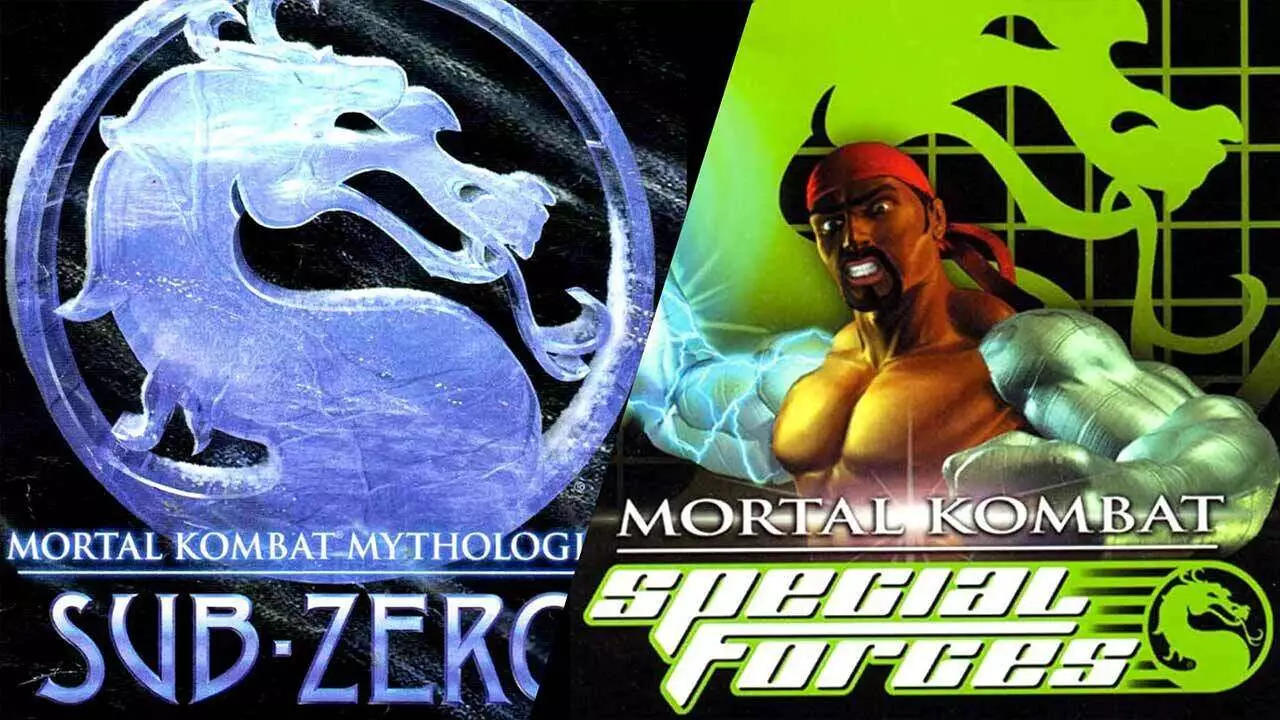The upcoming Mortal Kombat: Legacy Kollection represents more than just a compilation; it signifies a daring pledge to preserve gaming history while embracing modernization. By including legendary titles like Mortal Kombat Mythologies: Sub-Zero and Mortal Kombat Special Forces—games often dismissed or overlooked—the collection acknowledges their significance in shaping the franchise’s complicated legacy. Digital Eclipse’s effort to restore these titles for modern platforms isn’t merely about nostalgia—it’s about recognizing that even the most flawed entries hold valuable lessons and unique flavors within the enduring Mortal Kombat universe.
This move confronts a common industry oversight: older, imperfect games are frequently forgotten, lost in the sands of time or dismissed for their perceived flaws. Digital Eclipse’s enhancements—such as reduced load times, on-screen move lists, and rewind features—are more than quality-of-life upgrades. They signify a belief that difficult games with imperfect controls can still offer meaningful experiences when presented thoughtfully. It’s a stance that champions inclusion, allowing both seasoned players and newcomers to explore these titles without the frustration that once marred them. In doing so, the remastering process becomes a form of cultural preservation, connecting generations through shared history and appreciation.
The Significance of the WaveNet Arcade Edition and Its Breakthrough Technology
One of the most compelling aspects of this collection is the inclusion of the WaveNet edition of Ultimate Mortal Kombat 3—a version that was once considered an ephemeral piece of gaming history. Its technological roots run deep, representing a pioneering attempt to facilitate online arcade multiplayer before such features became mainstream. The fact that this edition was associated with Midway’s ambitious online matchmaking service speaks volumes about its innovative spirit. It reflects an era where arcade machines transitioned into proto-online experiences, laying groundwork that modern online gaming now routinely follows.
Stephanie Brownback’s detailed insights shed light on the immense technological foresight embedded within this version. To think that the WaveNet arcade edition was thought to be lost adds a layer of mystique and reverence, highlighting how fragile our digital history can be. Preserving this version doesn’t merely add novelty; it restores a chapter of gaming evolution. This special edition offers players a glimpse into a future that was, at the time, still teetering on the horizon, now made accessible thanks to Digital Eclipse’s diligent archival work. Its inclusion elevates the collection beyond standard nostalgia, challenging players to reconsider the innovative sparks that fueled early online arcade gaming.
Reimagining the Past: Challenging Perceptions of Flaws and Embracing the Unique
Mortal Kombat Mythologies: Sub-Zero and Mortal Kombat Special Forces often suffer from reputational damage—criticized for sluggish controls, difficult platforming, and narrative choices that felt disconnected from the core fighting games. Yet, these titles aren’t mere failures; they are artifacts illustrating the franchise’s experimental spirit and its willingness to venture into uncharted gameplay territories.
Mythologies, with its ambitious skill-tree mechanics and live-action cinematics, hinted at a deeper narrative ambition that transcended the conventional fighting game formula. Despite its unforgiving design, it presents a creative attempt to deepen character lore and storytelling, even if it was marred by execution issues. Meanwhile, Special Forces offers glimpses into the early ambitions of Mortal Kombat’s universe expansion—an unfinished puzzle piece that speaks to industry pressures and creative conflicts within Midway. Digital Eclipse’s decision to bring these titles back not only gives them a second chance but also prompts fans and critics alike to reevaluate them as part of a richer, more complex history rather than dismissible errors.
These games remind us that innovation often comes with risks and imperfections. Embracing them encourages a broader appreciation of the franchise’s evolution—acknowledging that even flawed efforts are vital chapters in a larger story of ambition, experimentation, and cultural impact.
A New Era for Mortal Kombat Enthusiasts and Historians
Digital Eclipse’s Mortal Kombat: Legacy Kollection isn’t just a nostalgic package; it’s a declaration that gaming history deserves careful curation and modern refinement. By blending beloved classics with forgotten relics and pioneering arcade editions, the collection fosters a deeper understanding of how Mortal Kombat became an enduring cultural phenomenon. It underscores that every game—whether celebrated or maligned—has a role in shaping the franchise’s identity.
This reimagining of a beloved legacy confronts the tendency to discard flawed or obscure titles, instead elevating them to their rightful place in the pantheon of gaming history. As players dive into this diverse array, they’re invited not only to relive combat but to understand the ongoing narrative of technological progress, creative risk-taking, and the relentless pursuit of better gaming experiences. Digital Eclipse’s work heralds a future where preservation, innovation, and respect for the past converge, ensuring that Mortal Kombat’s storied legacy remains not just alive but invigorated for generations to come.

